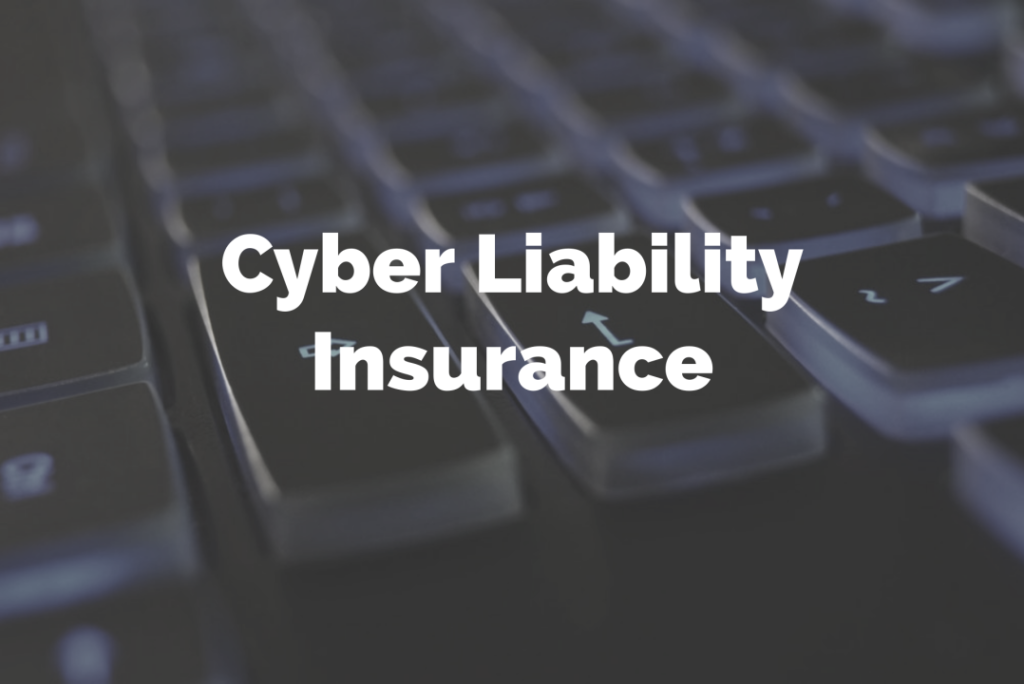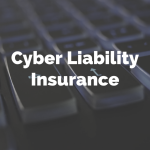In today’s digital age, where businesses rely heavily on technology and data, the risk of cyberattacks and data breaches is higher than ever before. It’s no longer a matter of if but when a cyber incident will occur. This is where cyber liability insurance comes into play. In this article, we will delve into the world of cyber liability insurance, understanding what it is, why your business needs it, and how it can protect your valuable data.
Table of Contents
- Introduction
- Understanding Cyber Liability Insurance 2.1 What is Cyber Liability Insurance? 2.2 Types of Cyber Liability Insurance
- The Importance of Cyber Liability Insurance
- Coverage Details 4.1 First-Party Coverage 4.2 Third-Party Coverage
- Common Cyber Risks Covered
- Choosing the Right Cyber Liability Insurance 6.1 Assessing Your Business Needs 6.2 Selecting the Right Coverage Limits
- Benefits of Cyber Liability Insurance
- Case Studies 8.1 Company A: A Data Breach Nightmare 8.2 Company B: How Cyber Liability Insurance Saved the Day
- The Cost of Cyber Liability Insurance
- Tips for Mitigating Cyber Risks
- Conclusion
- Frequently Asked Questions (FAQs)
Introduction
With the increasing digitization of business operations, the threat landscape has evolved. Cybercriminals are becoming more sophisticated, making it essential for businesses of all sizes to be prepared for the unexpected. Cyber liability insurance is a crucial tool in your risk management strategy.
Understanding Cyber Liability Insurance
2.1 What is Cyber Liability Insurance?
Cyber liability insurance is a specialized policy designed to protect businesses from the financial consequences of a cyber incident. This can include data breaches, cyberattacks, and other security breaches that result in the loss or compromise of sensitive information.
2.2 Types of Cyber Liability Insurance
There are two main types of cyber liability insurance:
- First-Party Coverage: This covers the direct costs incurred by your business in response to a cyber incident.
- Third-Party Coverage: This covers the costs that arise when third parties, such as customers or partners, are affected by a cyber incident related to your business.
The Importance of Cyber Liability Insurance
In today’s interconnected world, even small businesses handle significant amounts of sensitive data. From customer information to financial records, the potential fallout of a cyber incident can be devastating.
Coverage Details
4.1 First-Party Coverage
First-party coverage typically includes:
- Data Breach Response: Costs associated with investigating and managing a data breach.
- Business Interruption: Compensation for income lost due to a cyber incident.
- Cyber Extortion: Coverage for expenses related to extortion attempts by cybercriminals.
4.2 Third-Party Coverage
Third-party coverage often includes:
- Legal Expenses: Coverage for legal fees and settlements in case of lawsuits stemming from a cyber incident.
- Data Liability: Protection against claims made by third parties for damages resulting from a cyber incident.
Common Cyber Risks Covered
Cyber liability insurance typically covers a range of risks, including:
- Data Breaches
- Ransomware Attacks
- Phishing Scams
- Network Security Failures
- Employee Errors
- Regulatory Fines and Penalties
Choosing the Right Cyber Liability Insurance
6.1 Assessing Your Business Needs
Every business is unique, so it’s crucial to assess your specific cyber risks and vulnerabilities.
6.2 Selecting the Right Coverage Limits
Finding the right balance between coverage and cost is essential. Discuss your options with an experienced insurance agent.
Benefits of Cyber Liability Insurance
Investing in cyber liability insurance offers several advantages, including:
- Financial Protection: It safeguards your business from substantial financial losses.
- Reputation Management: Helps you rebuild trust with customers after a data breach.
- Legal Support: Provides legal assistance in the event of lawsuits.
Case Studies
8.1 Company A: A Data Breach Nightmare
Explore how Company A faced a severe data breach and the consequences they suffered without cyber liability insurance.
8.2 Company B: How Cyber Liability Insurance Saved the Day
Discover how Company B successfully navigated a cyber incident with the help of their cyber liability insurance policy.
The Cost of Cyber Liability Insurance
The cost of cyber liability insurance varies based on several factors, including the size of your business, the industry you operate in, and the coverage limits you choose.
Tips for Mitigating Cyber Risks
Aside from insurance, implementing robust cybersecurity measures and educating your employees can go a long way in preventing cyber incidents.
Conclusion
In a world where digital threats are ever-present, cyber liability insurance is not just an option; it’s a necessity. Protect your business, your customers, and your reputation from the devastating effects of cyber incidents.
Frequently Asked Questions (FAQs)
Q1: Is cyber liability insurance only for large businesses?
No, cyber liability insurance is essential for businesses of all sizes. Small businesses are often more vulnerable to cyberattacks due to limited resources for cybersecurity.
Q2: Can cyber liability insurance prevent cyberattacks?
No, cyber liability insurance cannot prevent cyberattacks, but it can provide financial protection and support in the event of an incident.
Q3: How do I know how much coverage I need?
Assess your business’s specific risks and consult with an insurance professional to determine the appropriate coverage limits.
Q4: Will cyber liability insurance cover all cybersecurity costs?
Coverage may vary, so it’s essential to review your policy carefully. Some costs may be covered, while others may not.
Q5: How can I enhance my cybersecurity alongside having insurance?
Implement strong cybersecurity practices, conduct employee training, and stay updated on the latest threats to bolster your cybersecurity defenses.







